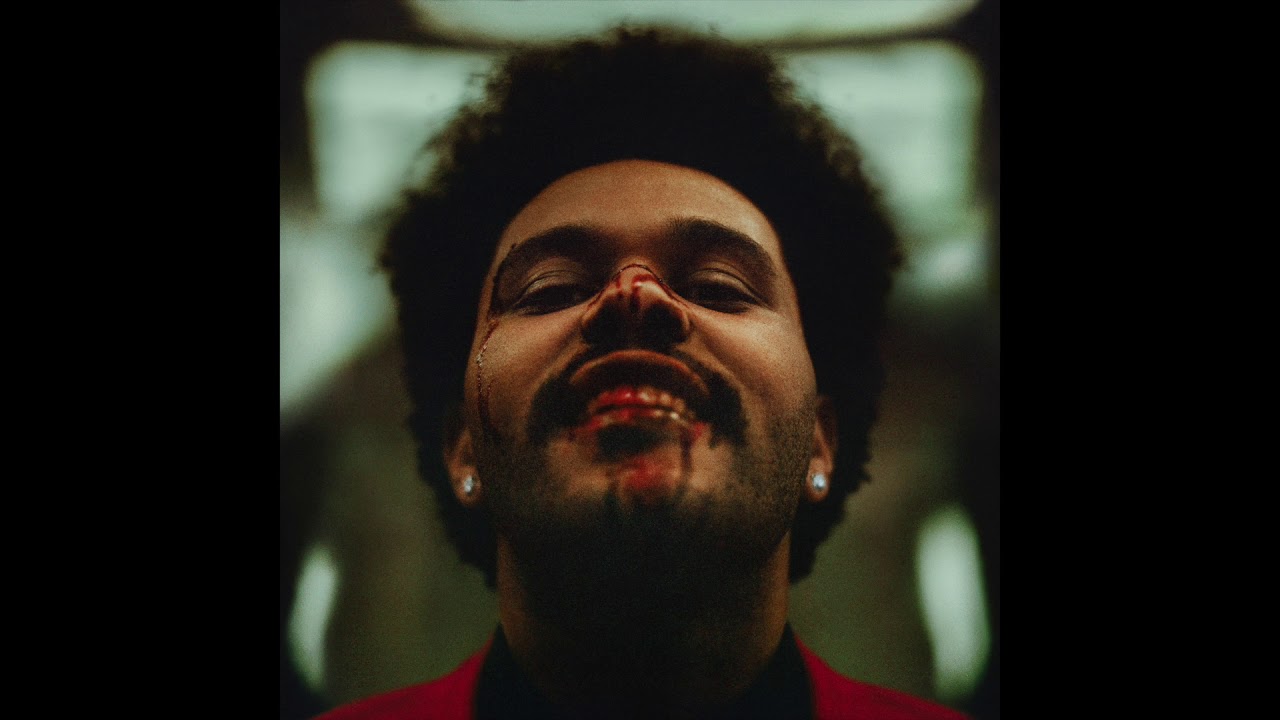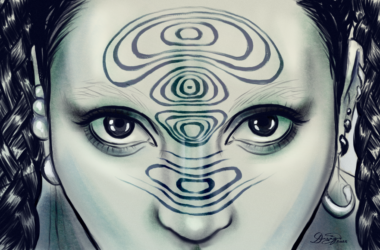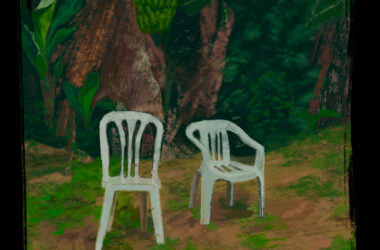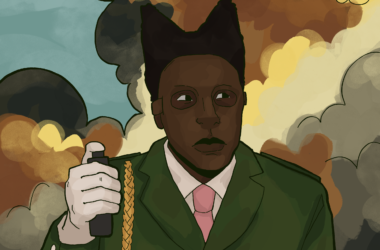In his latest album, After Hours, The Weeknd appears as a 1970s synth-pop star overcome by his own dark side. He casts himself as the victim of his own fame—ashamed of his wickedness, but too far gone to change—and the ensuing identity crisis reverberates throughout the album. No matter how forced it becomes, The Weeknd is desperate to convince listeners that he remains the contemptible, womanizing, intoxicated anti-hero that first captivated fans of his 2012 Trilogy.
The enthusiasm with which After Hours commits to its pop-star nightmare vibe is admirable, and there are moments when it is contagious. “Blinding Lights” and “Scared to Live” are two of several spine-tingling intersections between sumptuous production and eerily perfect vocals. The album’s peak is “Faith,” which climaxes in The Weeknd’s best lyrical moment of the album: “but if I O.D. / I want you to O.D. right beside / I want you to follow right behind.” This is the Weeknd at his most extreme; equal parts superstar and suicidal, teetering between exaltation and self-loathing, and entirely indifferent to the personal destruction he leaves in his wake.
The album’s highlights, however, are eclipsed by lows, particularly lyrical ones, bound to leave listeners wincing. “Hardest to Love” is a little more than a half-baked preamble to “Scared to Live,” and “Save Your Tears” is so generic that it could conceivably have been intended for any of Max Martin’s clients. “Escape From L.A.” is the worst offender, responsible for such lapses as “She pulled up to the studio / Nobody’s watching / She closed the door and then she locked it / For me, for me / We had sex in the studio.” Despite its triumphant production, After Hours’s lyricism is amusing at best (“Futuristic sex give her Phillip K. Dick”) and downright cringeworthy at worst.
The Weeknd’s inability to match sonic form with lyrical content on After Hours is suggestive of his more damning problem: His inability to convince anyone that he truly is the wretched, guilt-ridden virtuoso that After Hours claims he is. The self-loathing rings hollow, the regret feels contrived, and next to the wicked splendour of Trilogy, After Hours is as empty as the celebrity lifestyle it is meant to denounce. For all its pretensions, maybe After Hours is just a really well-produced break-up album about Bella Hadid.
Star Rating: ★★★★★☆☆☆☆☆









So the reasoning behind his message appearing empty and hollow is because you don’t believe he is lyrically talented enough to live that life? This doesn’t make sense, you don’t have to be lyrical spiritual miracle Eminem to have wildly successful music that boosts your ego to the point The Weeknd claims it has. I think you need a better reason to convince us how you know he isn’t this self-loathing antihero because this reason alone doesn’t make sense.